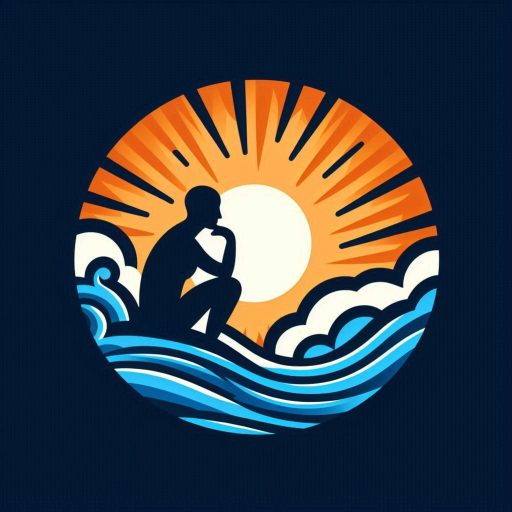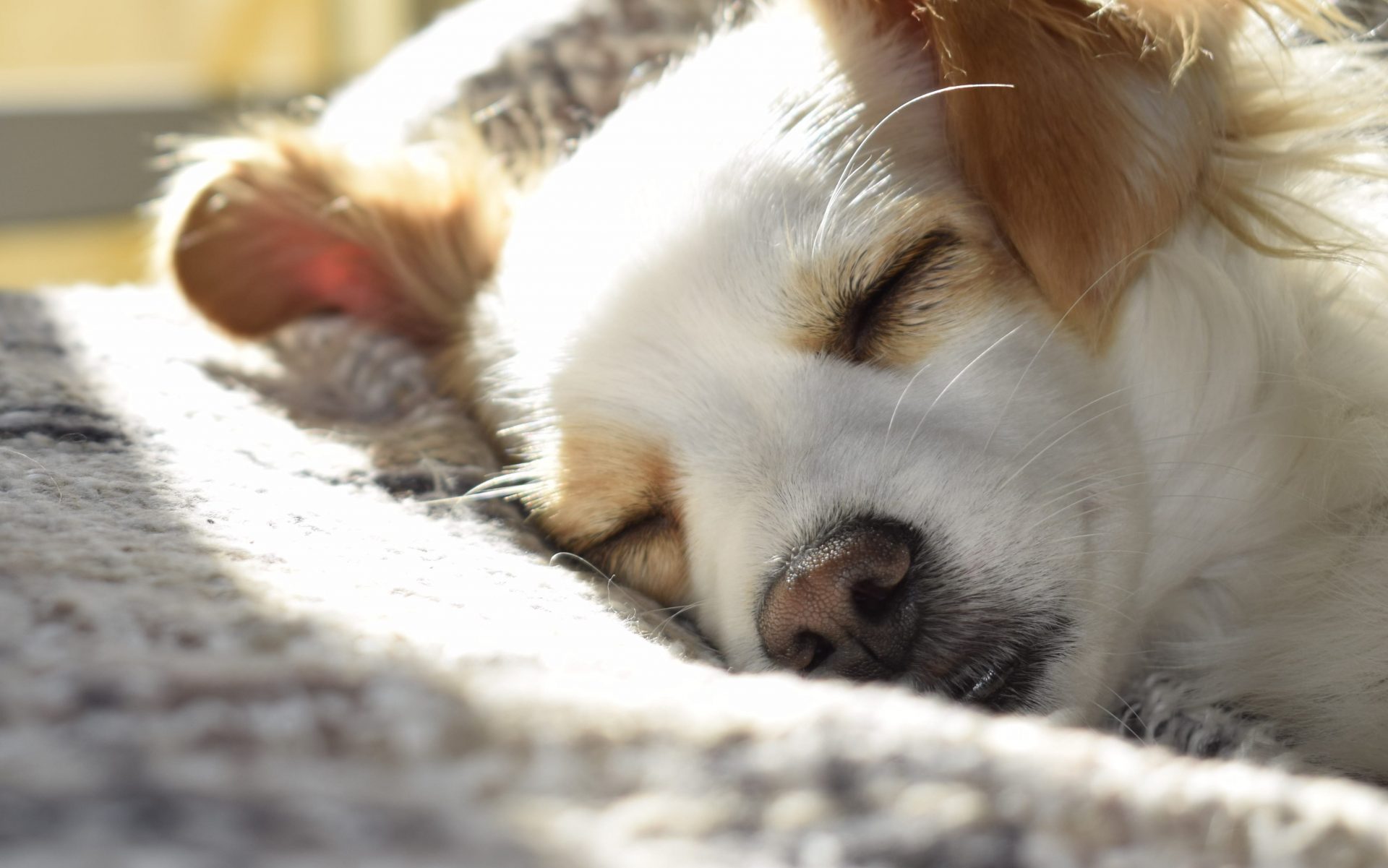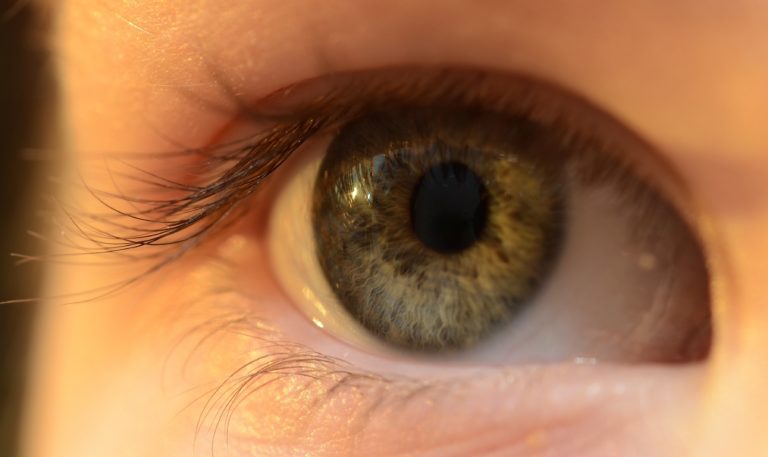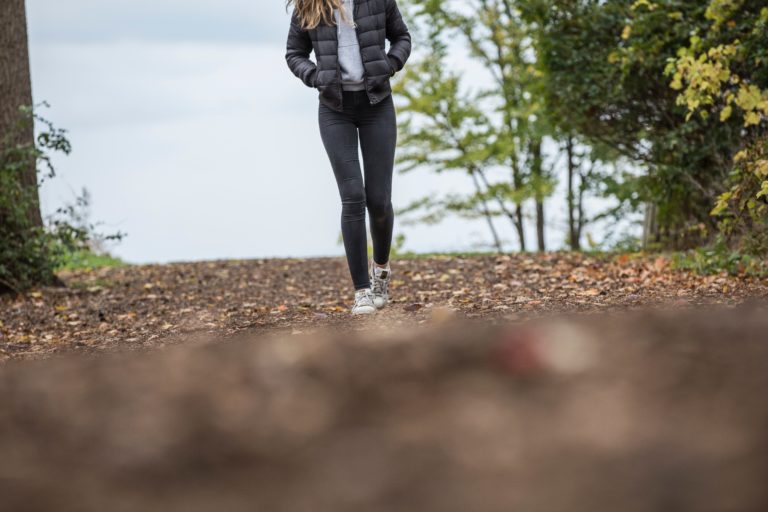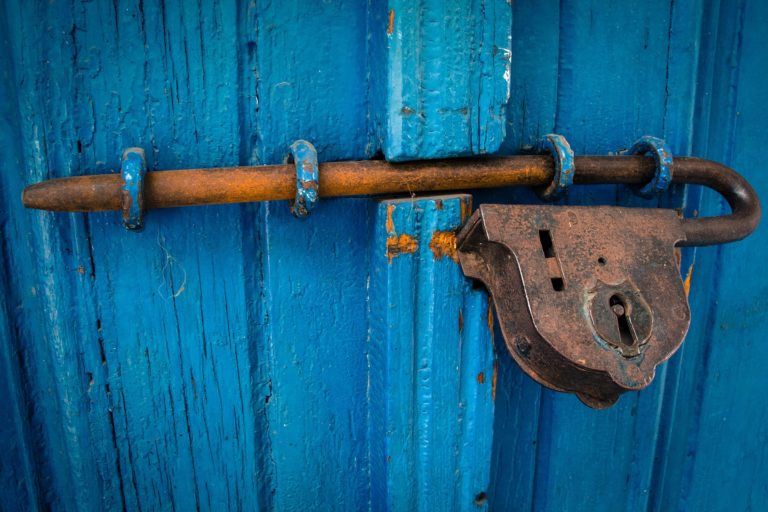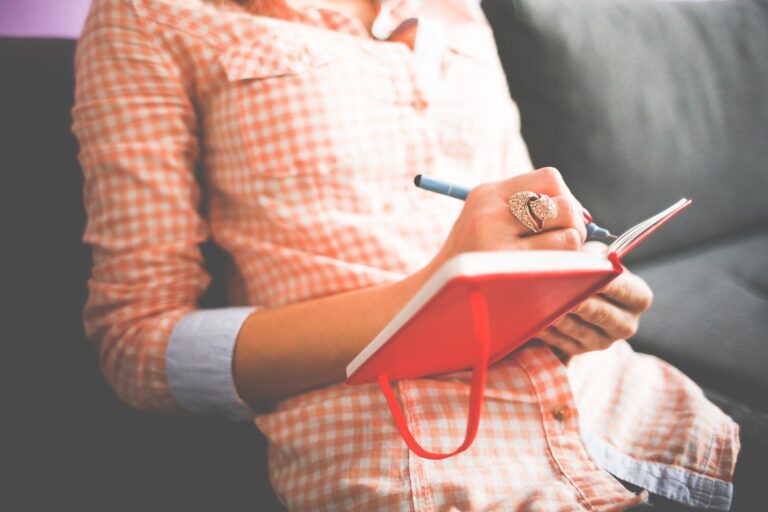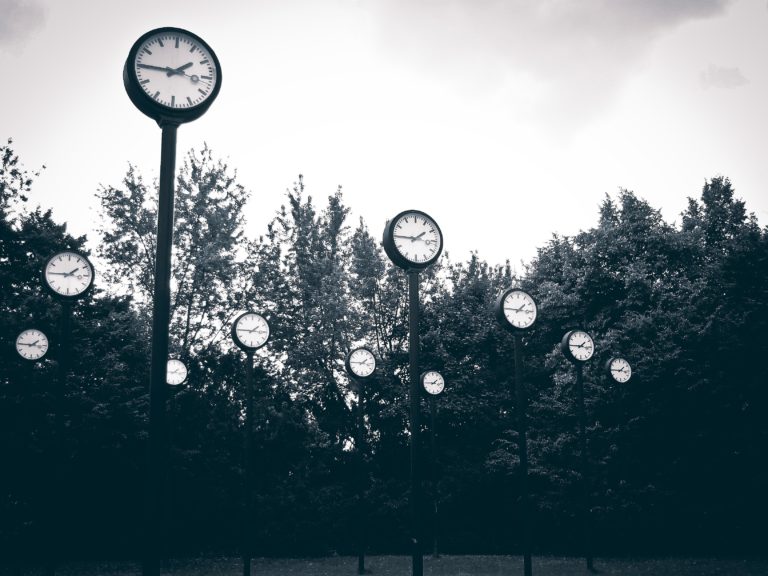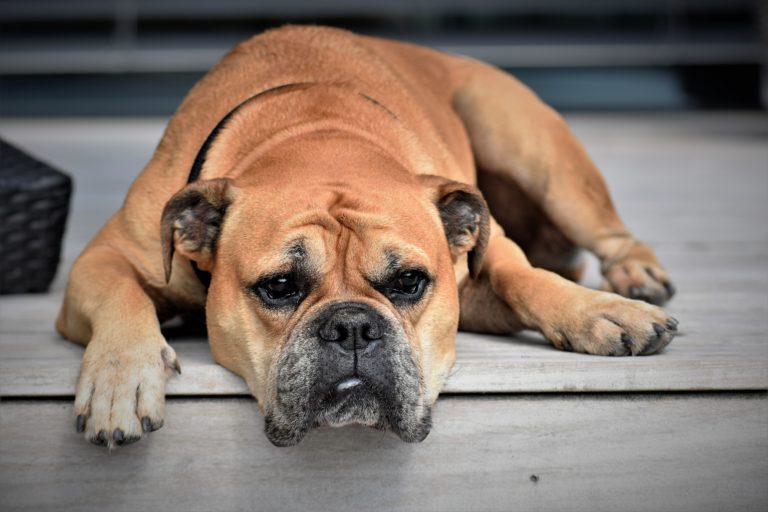Want To Sleep Better? Avoid These Common Mistakes
Most people know that eating right, getting enough exercise, and reducing stress are all good for them. Most people also have some vague idea that getting enough sleep is also good for them.
What people don’t always fully appreciate is how important sleep is for the other things. Inadequate sleep is associated with all kinds of problems, including obesity, stress, and a host of other medical problems. Many Americans, and people in other countries, spend lots of time and energy talking about working out more and eating better … all while burning the candle at both ends, which effectively sabotages all the diet and exercise!
Getting a good night’s sleep isn’t always easy, and sometimes things just happen. Sometimes a thunderstorm roars through at 2 a.m., wakes the dog, triggers tornado warning sirens, and ruins a night of sleep. Sometimes sickness comes on and makes the overnight hours restless. Sometimes stressful situations happen and interrupt the best sleep attempts. Sometimes these things just happen.
But sometimes people make mistakes to sabotage their own sleep apart from outside forces. This post is about dealing with the things under your control. Specifically, we look at four common mistakes of “sleep hygiene” that make our daytime hours worse.
Mistake #1: Shortchange how much sleep you need.
Everyone’s sleep needs are a little different, depending on age and genetic factors. For a healthy adult, seven to nine hours is the scientific consensus. Many healthy adults benefit from eight hours of sleep, and even older adults usually need at least seven hours.
The average adult American, though, gets less than seven hours of sleep, and that has been the case since the 1990s. There are many reasons for that, but one of them is that some people just don’t think they need it. They believe that they can get by, maybe by making up the sleep on the weekends (hint: that doesn’t work well) or by loading up on caffeine or other stimulants (that doesn’t work all that well, either).
Chances are, you probably need a little more sleep than you think you do, especially if you regularly wake up tired.
Mistake #2: Alter your sleep time and wake time on weekends.
It’s Friday night, and you’ve had a long week. You’re lounging on the couch, grateful for a little extra relaxation time. Maybe you’d like to binge watch that show you’ve been waiting to see. Or just veg out on video games late into the night. Or, if you’re a social person, maybe go hang out with friends until the wee hours of the morning.
Sounds tempting. And I’d be lying if I said I didn’t do it sometimes myself. But there are consequences to letting your go-to-bed time drift. When you stray into late nights and later mornings on the weekend, it can take several weekdays to adjust back, during which time you’re going to suffer from lower-quality, lower-quantity sleep.
Ideally, you should try to keep your sleep hours fixed as closely as you can. When you do, your body develops a rhythm that improves your sleep quality overall. Small deviations like 30 minutes to an hour aren’t likely to have a big effect, but the farther you go past that, the rougher Monday (and Tuesday, and Wednesday…) is going to be.
Mistake #3: Don’t wind down properly.
Half the battle of good sleep is what you do before you go to sleep, especially the last hour or so. Just like a proper warm-up and stretch can be the difference between a good run and an injury, so a proper wind-down can be the difference between a good night of sleep and a poor one.
The two biggest missteps? Technology and alcohol.
The problem with technology is this: staring at a backlit screen interferes with your circadian rhythm and delays how long it takes you to fall asleep. It’s like stepping outside at 9 a.m. right before hitting the pillows. Now, some apps claim to filter out the “blue light” and keep this from happening, but there isn’t any research (yet) on the subject, and experts are divided.
As for alcohol? Most people know that alcohol can make you drowsy, which one would think would make for better sleep. The problem is that alcohol also interferes with your body and brain during sleep in multiple ways, resulting in less quality rest. The longer you stop drinking before going to bed, the better your sleep will be.
On a related note: caffeine is another chemical that interferes with sleep. It should be cut off 5+ hours before bedtime.
What to do instead? The best thing you can do is read. As in a book or a magazine. (I sometimes use an old-school non-backlit Kindle e-reader.) Reading is a fantastic way to help the brain wind down before bed. Low energy hobbies like writing (with a pen or pencil, not a laptop) or art are also decent ways to unwind.
And if you can’t go without the tech? Turn down the brightness settings or see if the apps you use have a nighttime mode with a dark background. Those aren’t as good as a book, but they’re better than the blazing blue light.
Mistake #4: Turn to technology when you can’t sleep.
So it’s 2 a.m., and you can’t sleep. Maybe you’re in a bit of pain. Or maybe you’re stressing over money, or work, or kids. Or maybe you just can’t sleep and you don’t know why.
What do you do?
For some people, the solution is social media. This is understandable: if we’re awake and no one else is, it’s nice to feel a little connected with people socially. Some people even go online and commiserate with other insomniacs. (I’ve gotten up in the morning more than once, only to see a friend posting about their sleeping problems during the wee hours.) For other people, they fire up a video game, or the TV, or they stream a show. These are enjoyable things, and if you can’t sleep, why not have a little fun for your trouble?
These are all well-intentioned responses. The problem is that they are likely to make the insomnia problem worse. It’s like sitting out in the backyard at 9 a.m. on a sunny day right before going to sleep. Your brain thinks “light” and thinks it’s time to get up. Yes, blue light apps may help, but we’ve already covered how there are mixed opinions on that.
So, the solution? The best option is the same thing you should do before going to sleep: a good old-fashioned book or magazine or non-backlit e-reader.
Ideally, you’d want to read something boring, but I’ve discovered that boring books just make me angry, so I pull out whatever fiction I was reading before I went to bed. I read for, say, 30-45 minutes, then head back to bed again. All things being equal, it does wonders to help me get some zzzzzz-s.
What about you? What helps you sleep?
